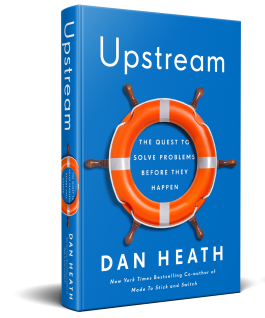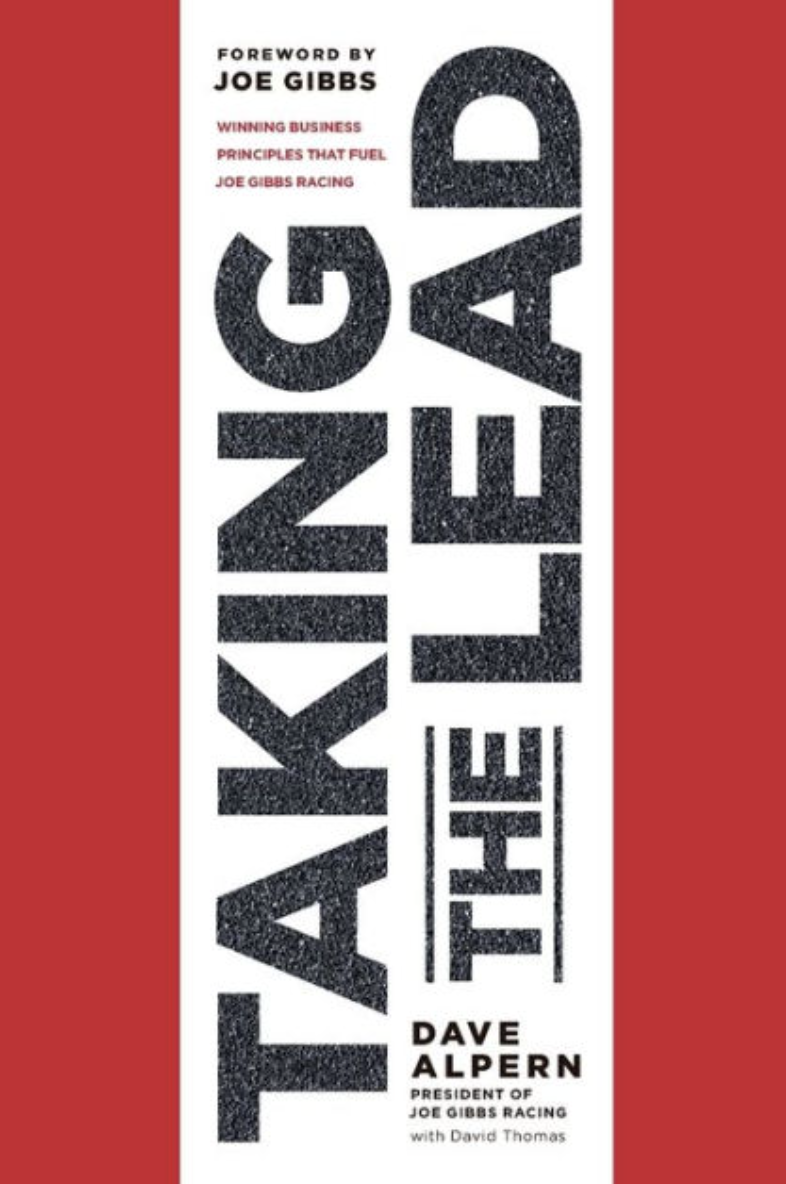Upstream by Dan Heath is a great read about being intentional and proactive in leadership. What are you doing now to prepare for the challenges of tomorrow? As we all continue taking the next step in the COVID-19 “new normal”, we recognize now more than ever that we have to hold things loosely and with open hands. That is not an excuse not to plan or a reason to be lazy with our efforts. Now more than ever, we have to think ahead. We have to consider “what could happen?”, “what could I do now to prevent ___________ later?”, “what is the most proactive way to push into this issue or situation?”.
Upstream is full of practical examples of organizations and people who are leaning into the art and science of planning ahead, predicting, and being intentional. I picked up several things that will help me personally and professionally. One of the most impactful sections dealt with feedback loops. “Feedback loops spur improvement. And where those loops are missing, they can be created.” I have blind spots. I need people to speak into the areas of my life where I need to grow.
I highlighted several things while reading and posted those notes below…
- Downstream efforts are narrow and fast and tangible. Upstream efforts are broader, slower, and hazier—but when they work, they really work. They can accomplish massive and long-lasting good. p. 9
- It’s not that the upstream solution is always right. And it’s certainly not the case that we should abandon downstream work—we will always want someone there to rescue us. The point is that our attention is grossly asymmetrical. We spend our lives consumed with problems that we might have avoided altogether. p. 10
- “Freshman success teams”
- “The beautiful thing about teachers—you can have whatever philosophy you want, but if you’re engaged in a conversation about Michael, you care about Michael.” p. 27
- The seed of improvement is dissatisfaction. p. 37
- If upstream thinking is so simple—and so effective in eliminating recurring problems—why is it so rare? p. 56
- Seven Questions for Upstream Leaders p. 71
- How will you unite the right people?
- How will you change the system?
- Where can you find a point of leverage?
- How will you get early warning of the problem?
- How will you know you are succeeding?
- How will you avoid doing harm?
- Who will pay for what does not happen?
- Groups do their best work when they are given a clear, compelling aim and a useful, real-time stream of data to measure their progress and, then…left alone. p. 87
- Systems are machines that determine probabilities. p. 100
- Getting proximate is not a guarantee of progress. It’s a start, not a finish. Upstream change often means fumbling our way forward, figuring out what works and what doesn’t, and under what conditions. But in this context, even a defeat is effectively a victory. Because every time we learn something, we fill in one more piece of the map as we hunt for the levers that can move the world. p. 131
- A question that bedevils many upstream interventions is: What counts as success? With downstream work, success can be wonderfully tangible, and that’s partly because it involves restoration. Downstream efforts restore the previous state. p. 151
- Feedback loops spur improvement. And where those loops are missing, they can be created. p. 179
- That’s the spirit of upstream thinking: With some forethought, we can prevent problems before they happen, and even when we can’t stop them entirely, we can often blunt their impact. p. 229
- Three suggestions based on what I’ve learned about upstream efforts: p. 232
- 1. “Be impatient for action but Patience’s for outcomes” -Maureen Bisognano, Institute for Healthcare Improvement
- 2. Macro starts with micro.
- 3. Favor scoreboards over pills.



